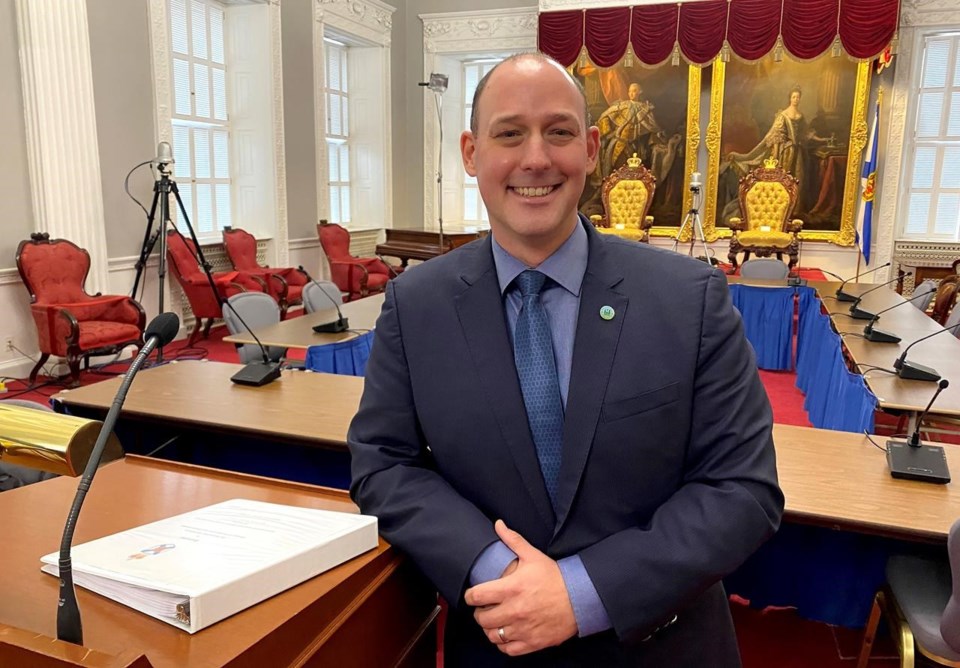HALIFAX — A commercial logging operation in Nova Scotia's Annapolis County has temporarily halted its work after environmentalists raised the alarm about the presence of several at-risk species of lichens.
In a statement emailed Tuesday, the Department of Natural Resources said WestFor Management Inc. was given approval last spring to harvest 343 hectares on Crown land around Goldsmith Lake, about 175 kilometres west of Halifax.Â
The approval was given following a review process, and a logging road was completed in October, the department said.
"Months after the whole process concluded and approvals were issued, new information was reported to the department between November 8-14 and we're looking into it," said the department. "We’ve directed WestFor to conduct surveys and they are in the process of scheduling them. Operations will not start until we've looked into it."
The province's reversal is in reaction to the discovery by the Arlington Forest Protection Society of some at-risk species, including several lichens — a form of life composed of fungi and algae. The lichen species include one blue felt lichen and six frosted glass whiskers lichen. The group also found a rare black ash tree.
The blue felt lichen was declared Nova Scotia’s official lichen earlier this month.Â
Society member Lisa Proulx said the discovery is significant because it signals the presence of old-growth forest, which she says should be protected.
Proulx calls the pause on logging "a step in the right direction," adding that her small group of self-described citizen scientists hope to provide further input as the province investigates.
"We're just not sure how long they are going to pause and what actions they'll actually take," Proulx said in an interview Tuesday. "We'd like to show them what we've found if they are interested in that."
She said lichens are sensitive to any kind of disturbance and need the shelter of big old-growth trees to protect them from wind and sun.
"Once they start cutting down trees that whole thing changes," said Proulx. "We would really like to see them do no cutting at all until they decide what areas need to be protected."
Proulx said her group has submitted a proposal to protect the area around Goldsmith Lake.
"We’re hoping it can become an area with hiking trails and kayaking and that sort of thing," she said.
The society has maintained that saving the area is in line with the government’s pledge to protect 20 per cent of the province’s land and waters by 2030.
Following a cabinet meeting last Thursday, Environment Minister Tim Halman said the government appreciates the concerns brought forward by the society and is open to discussions.
Halman said his department is in the process of finishing up a collaborative plan with the Department of Natural Resources on parks and protected areas.
"As residents want something added to a (protected) list, certainly we will listen," the minister added.
This report by The Canadian Press was first published Nov. 29, 2022.
Keith Doucette, The Canadian Press



